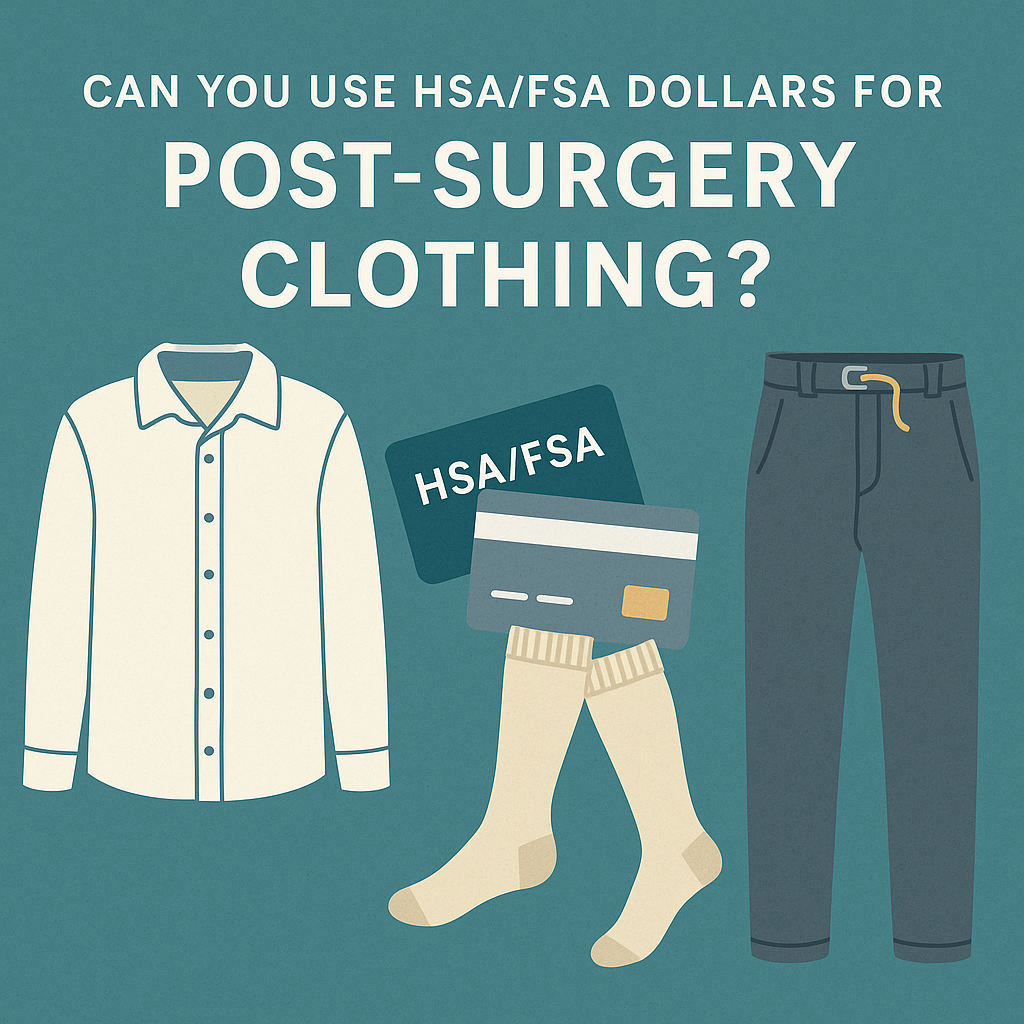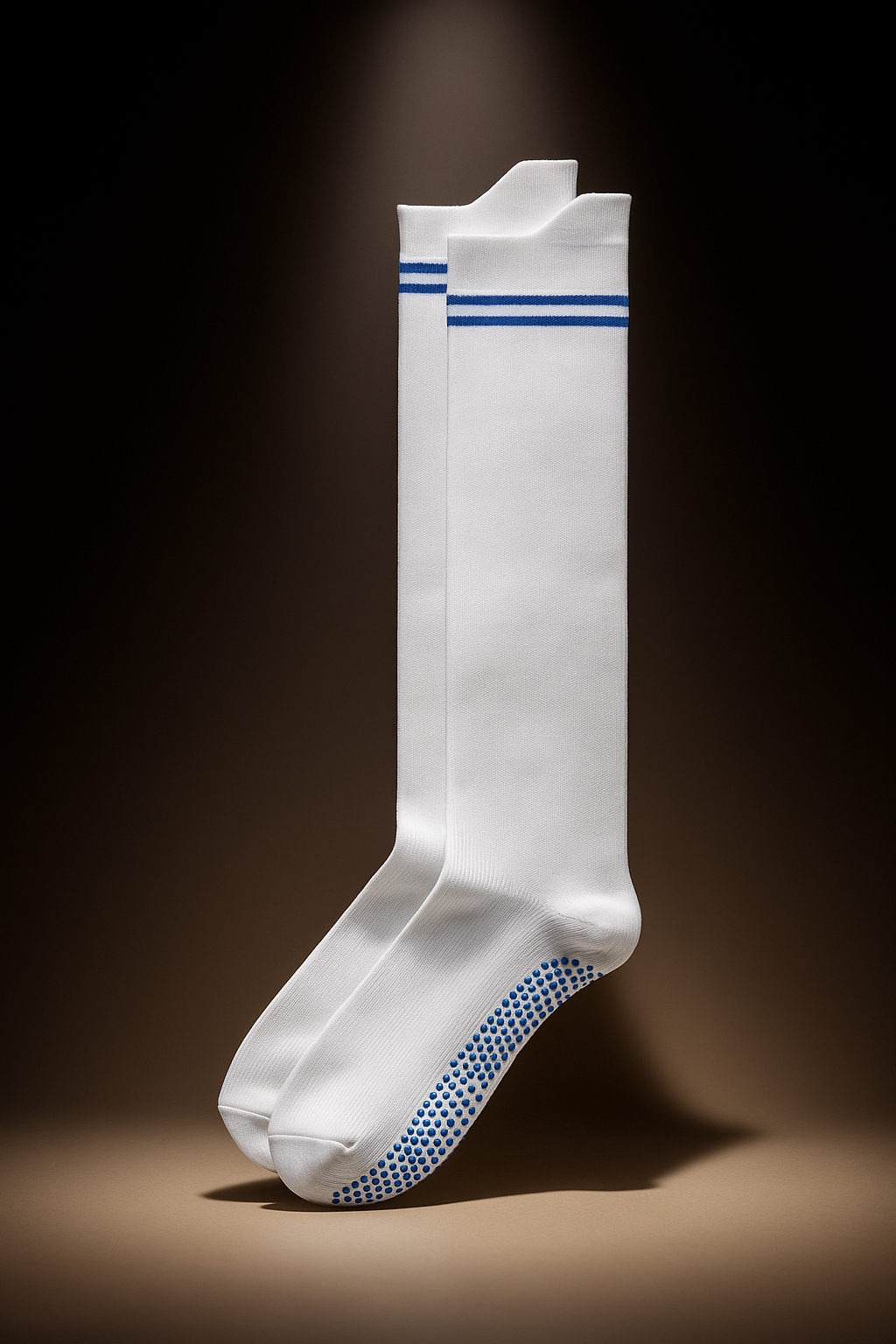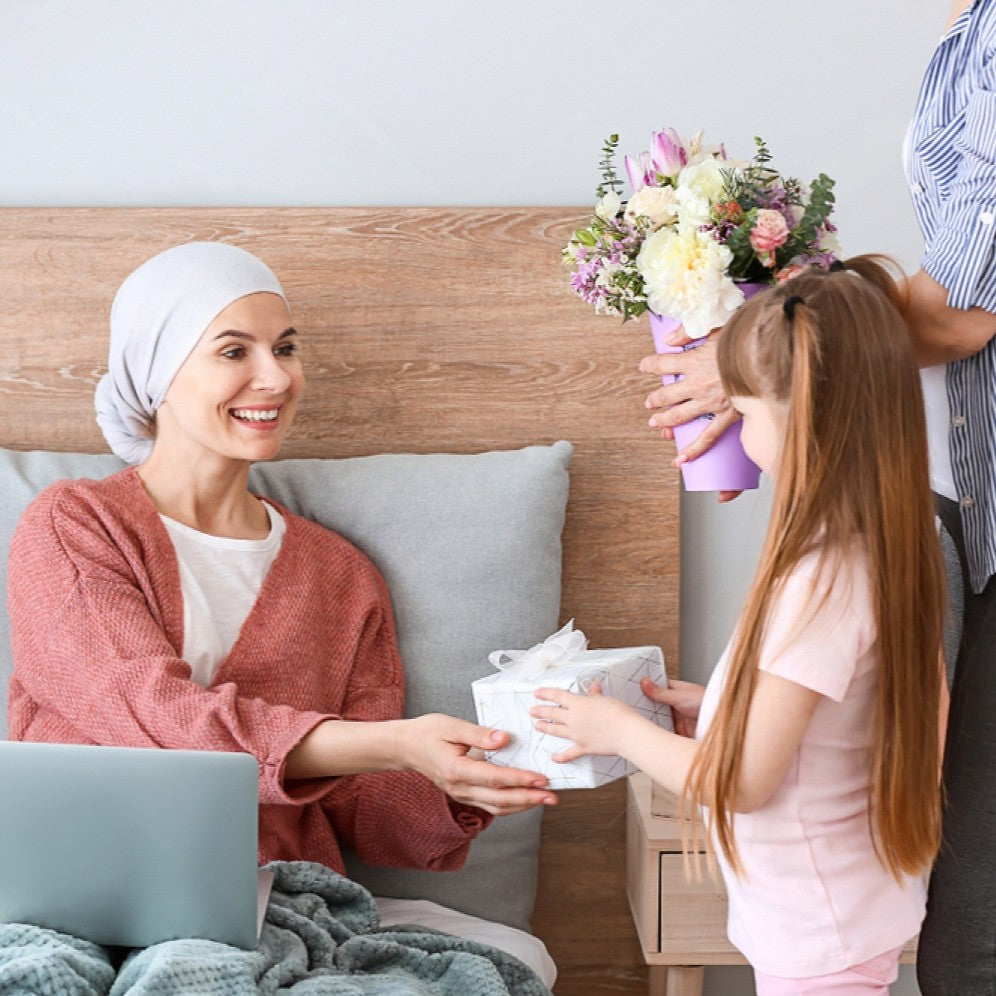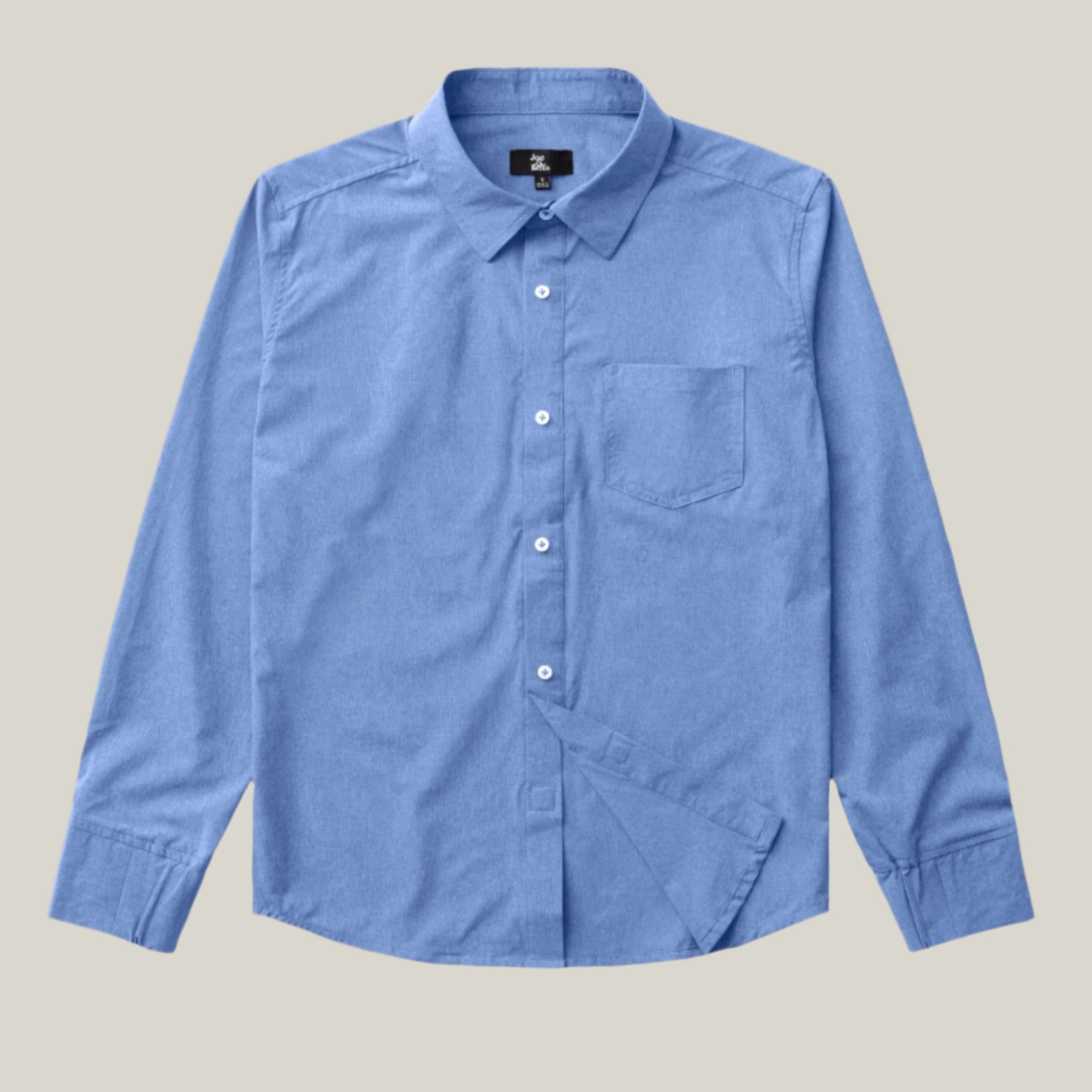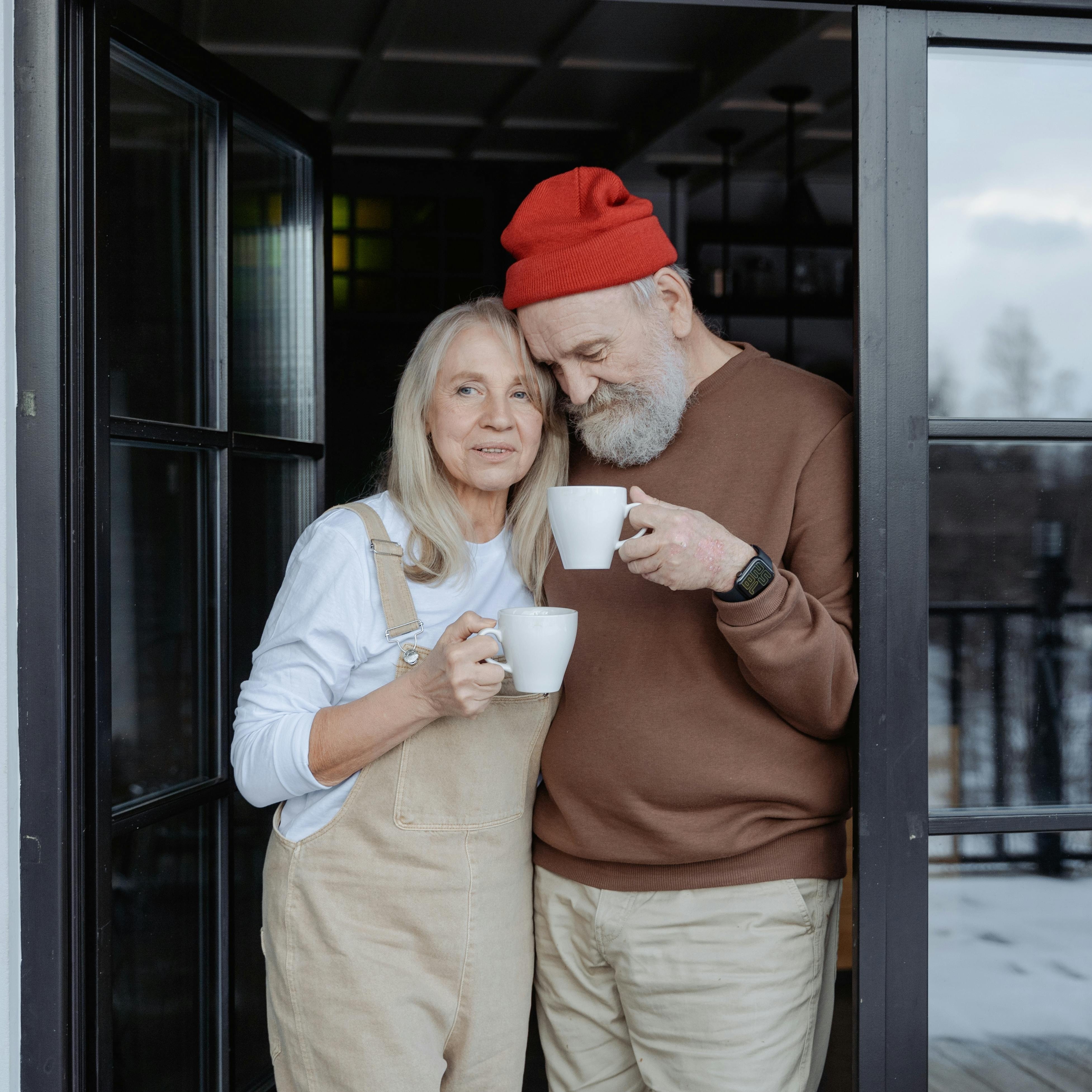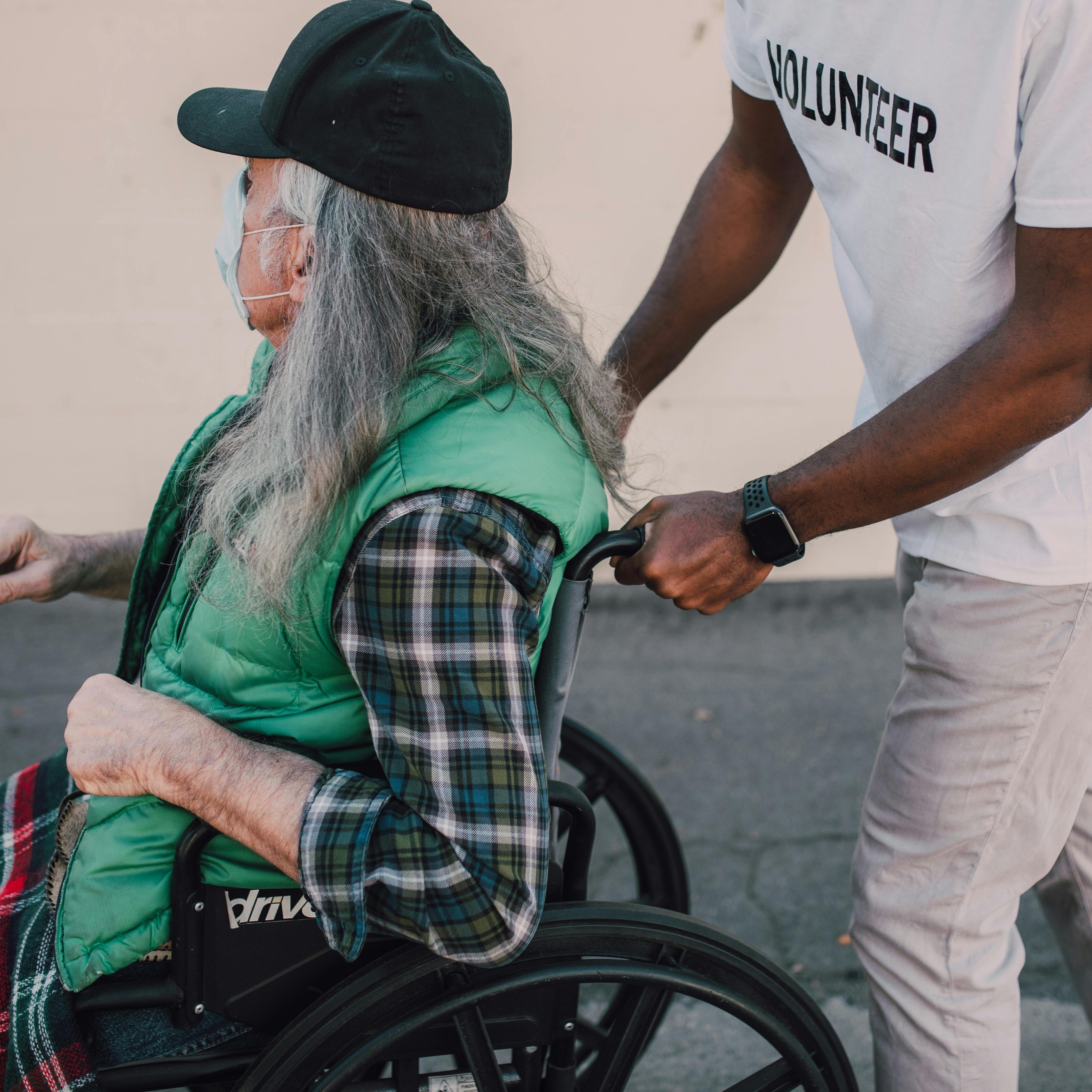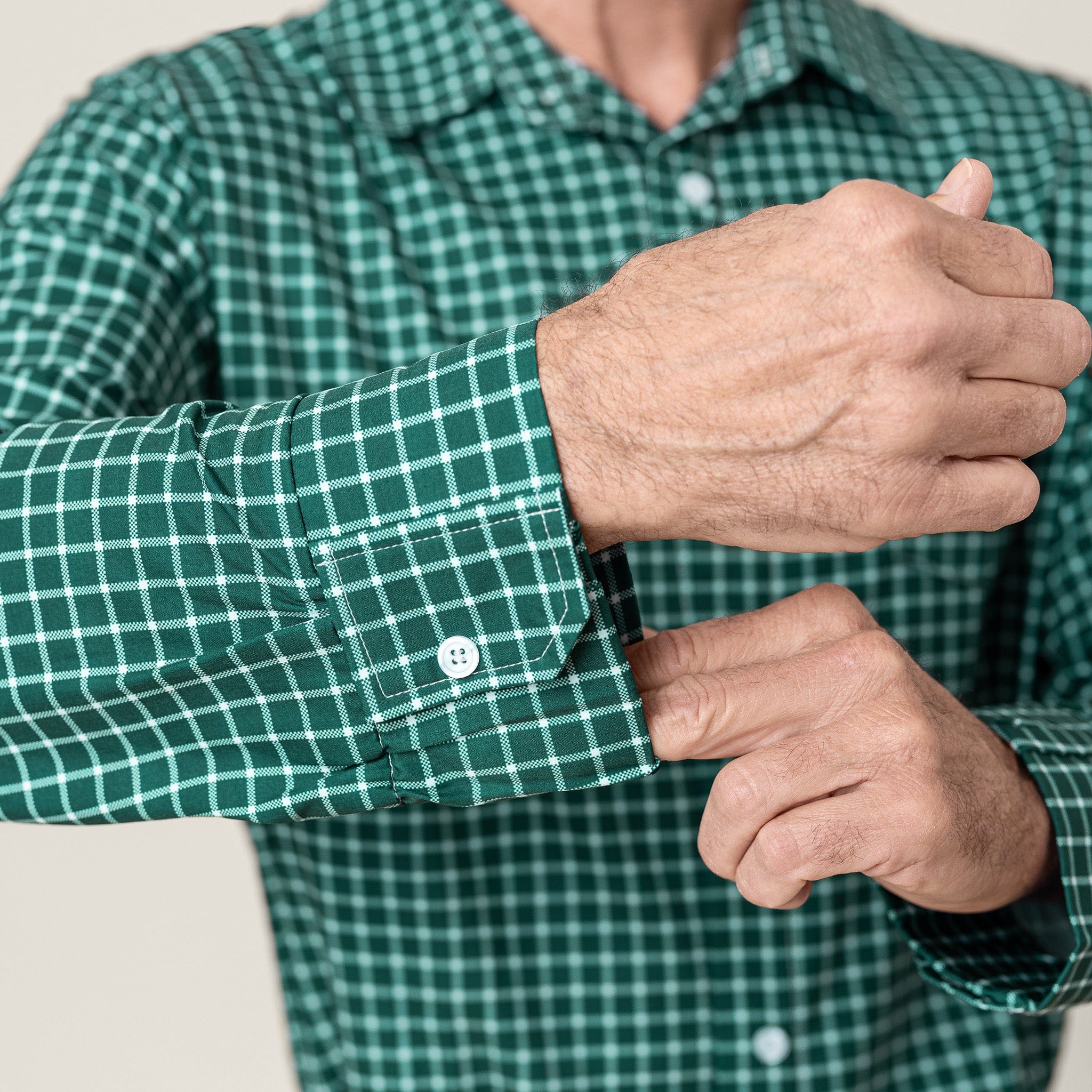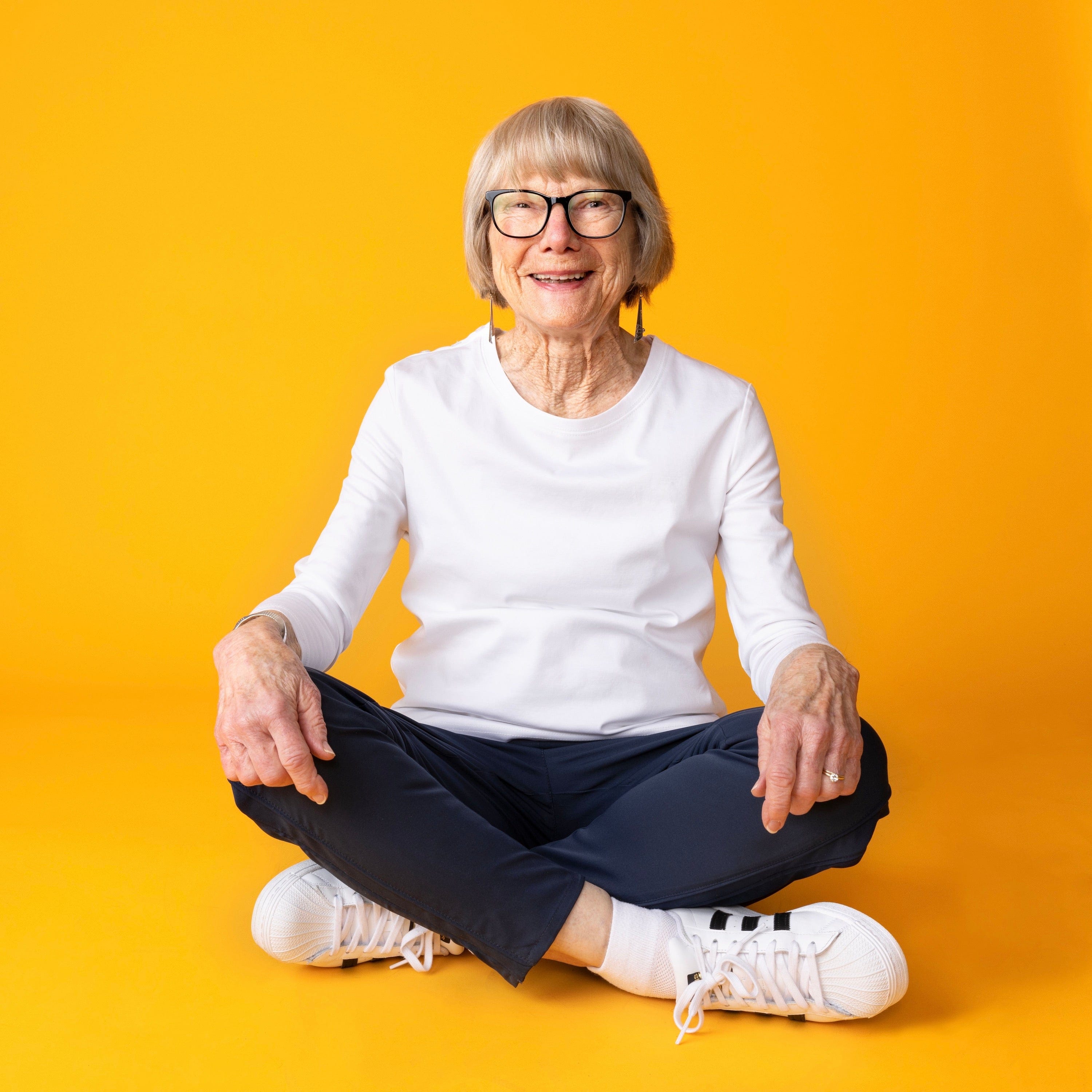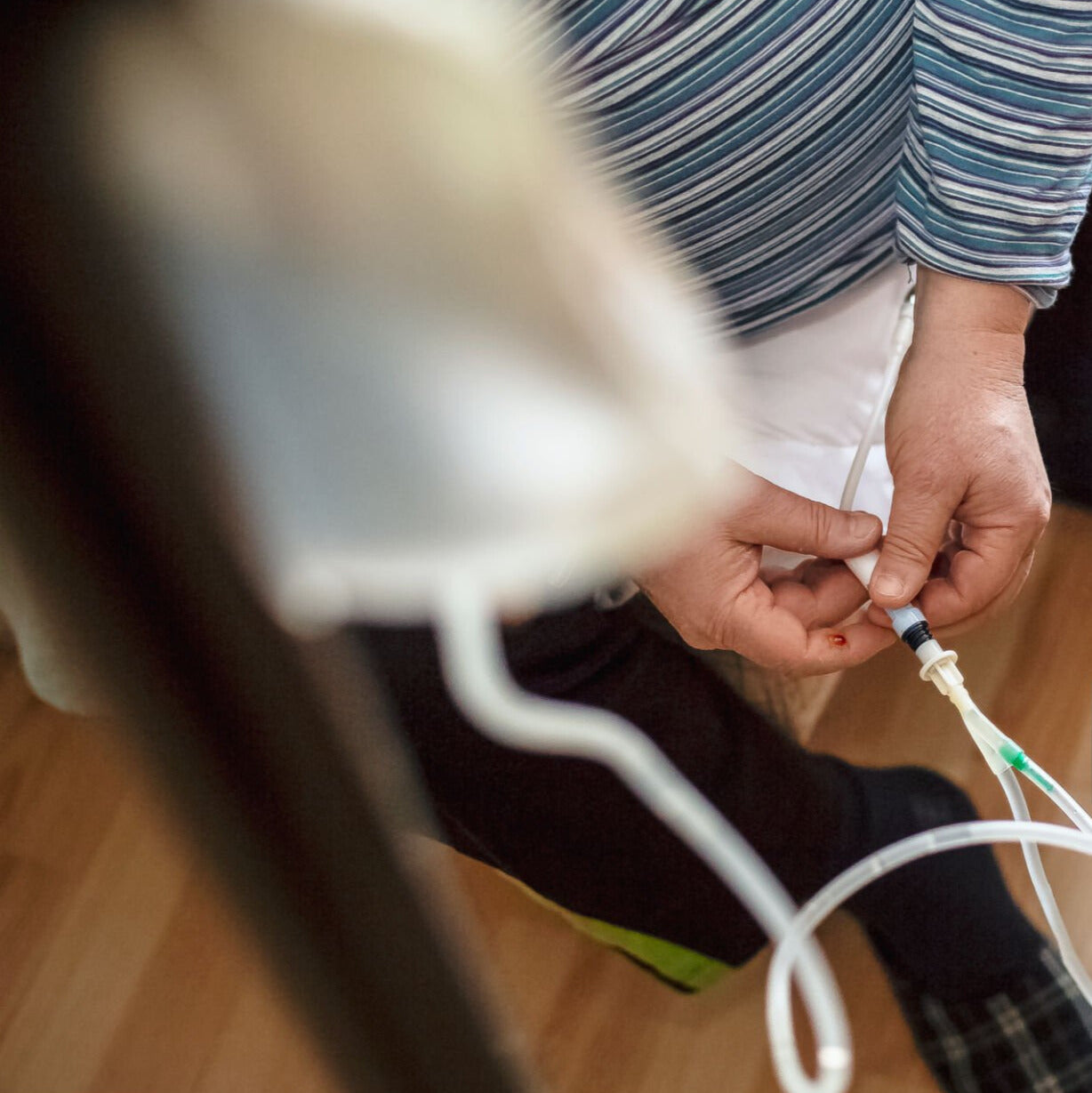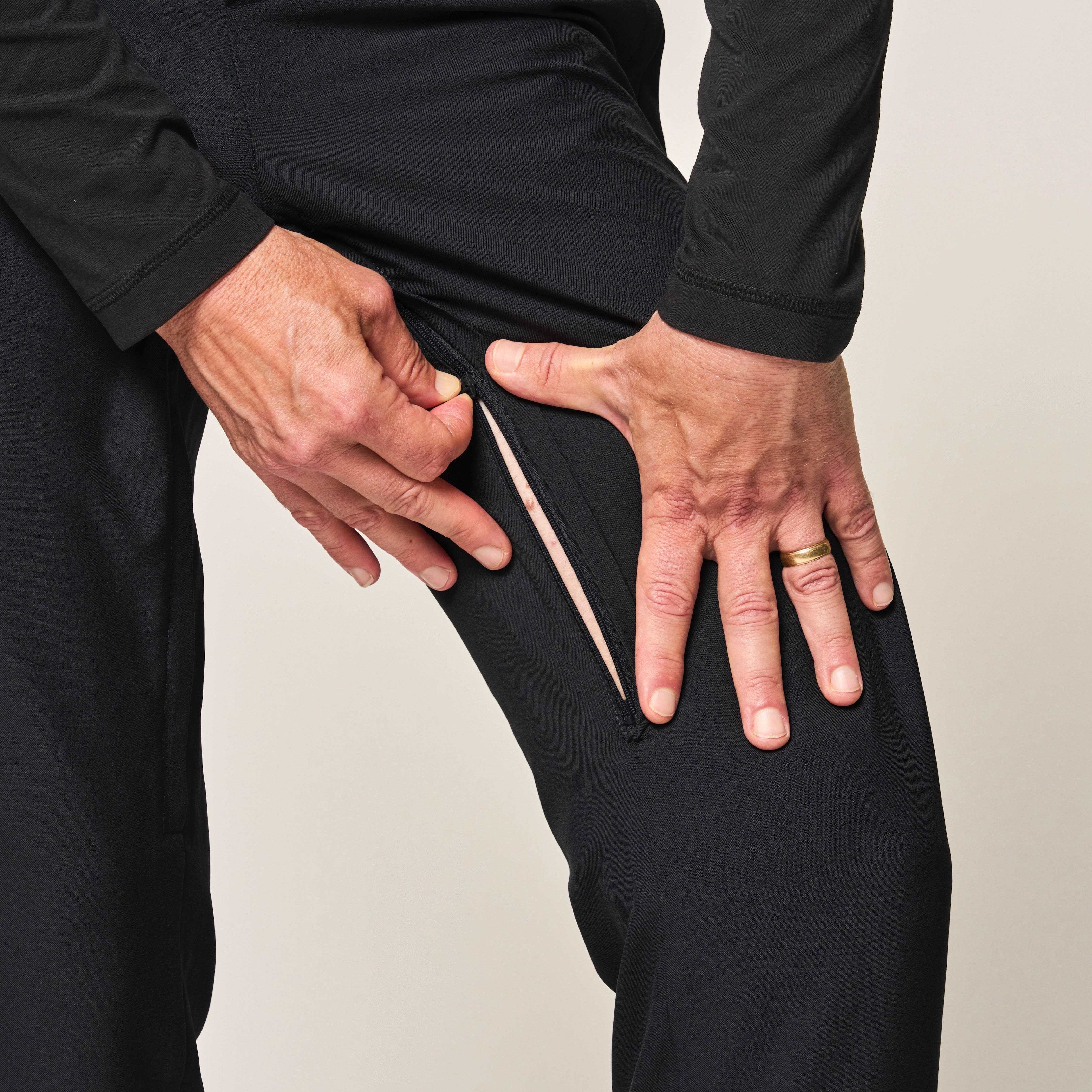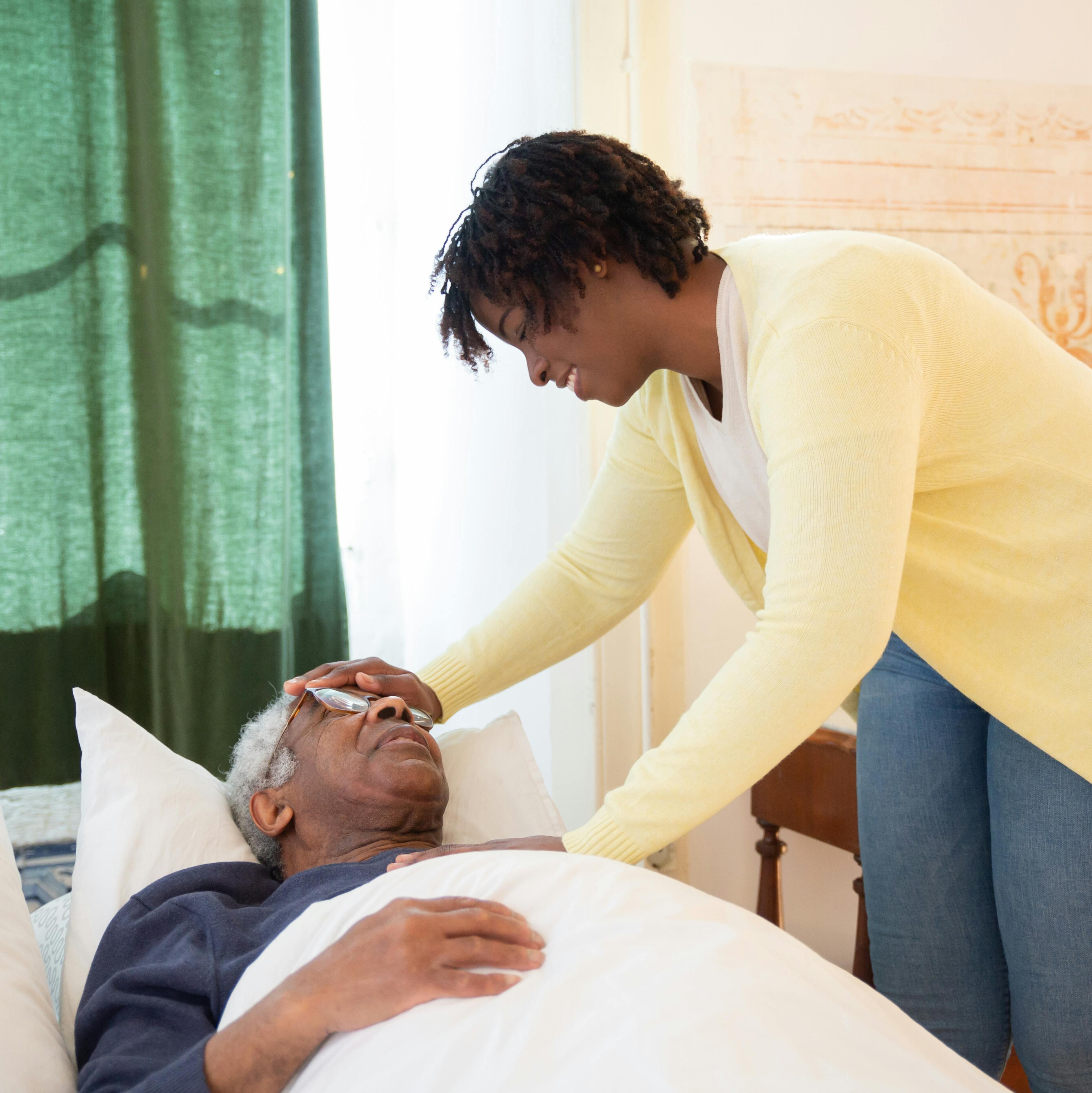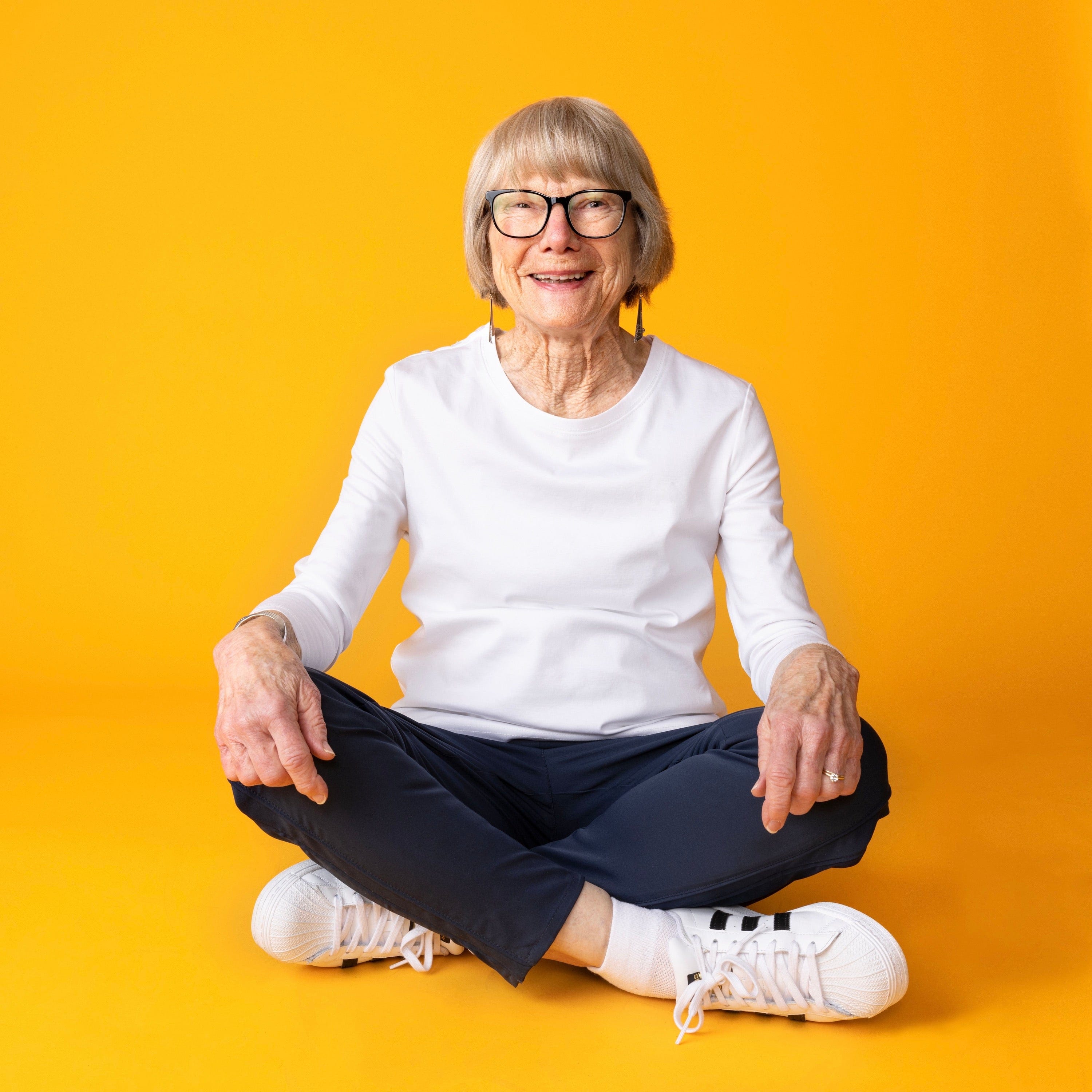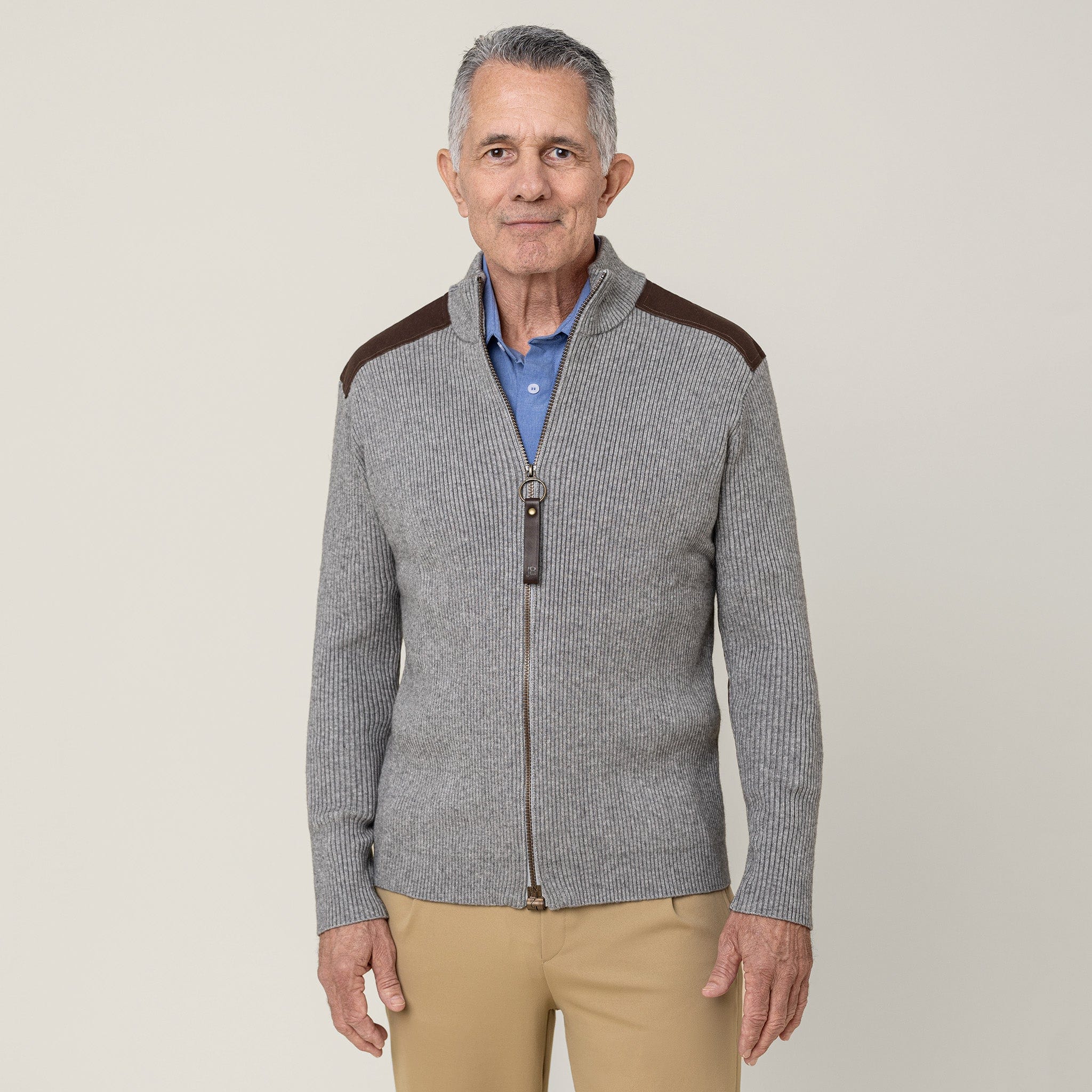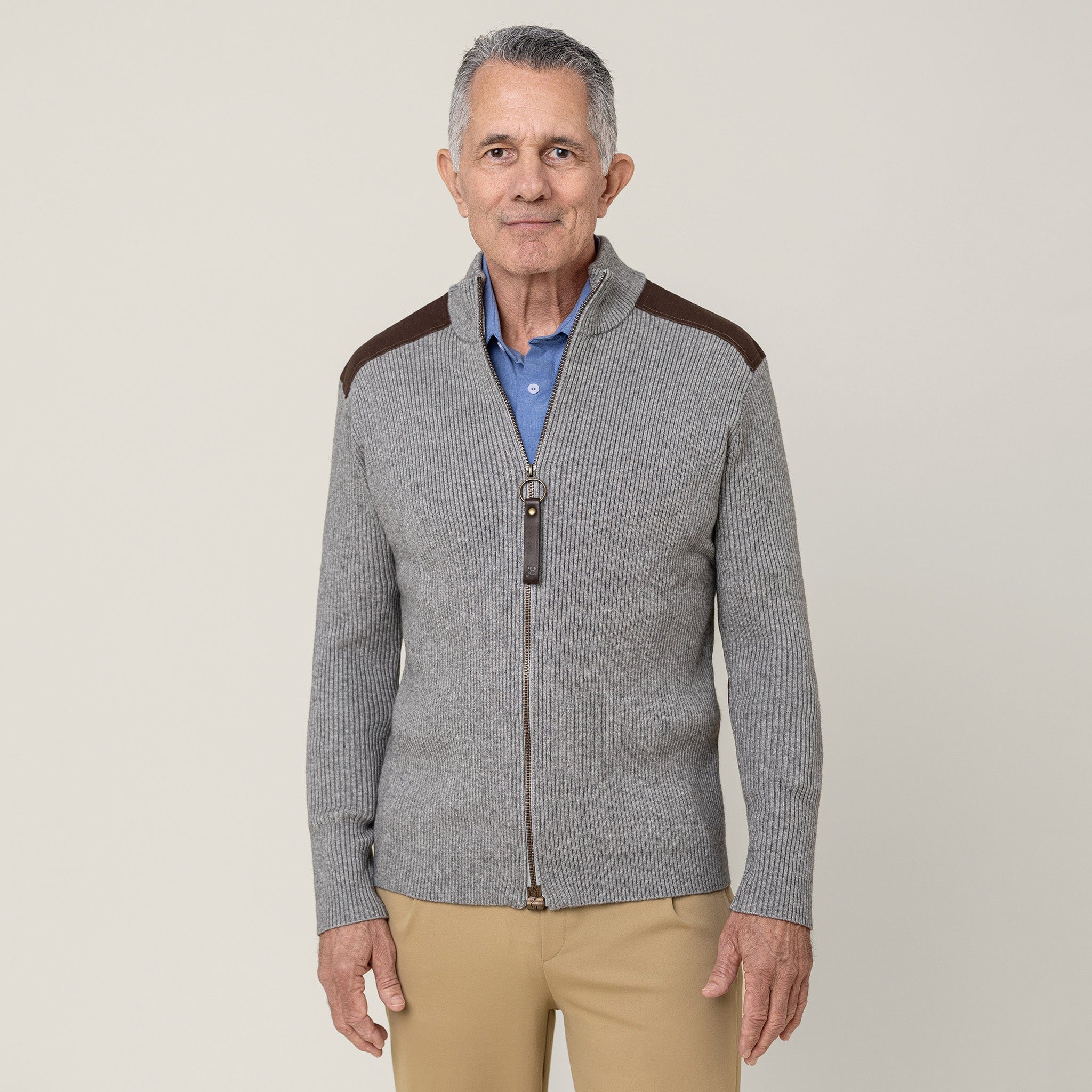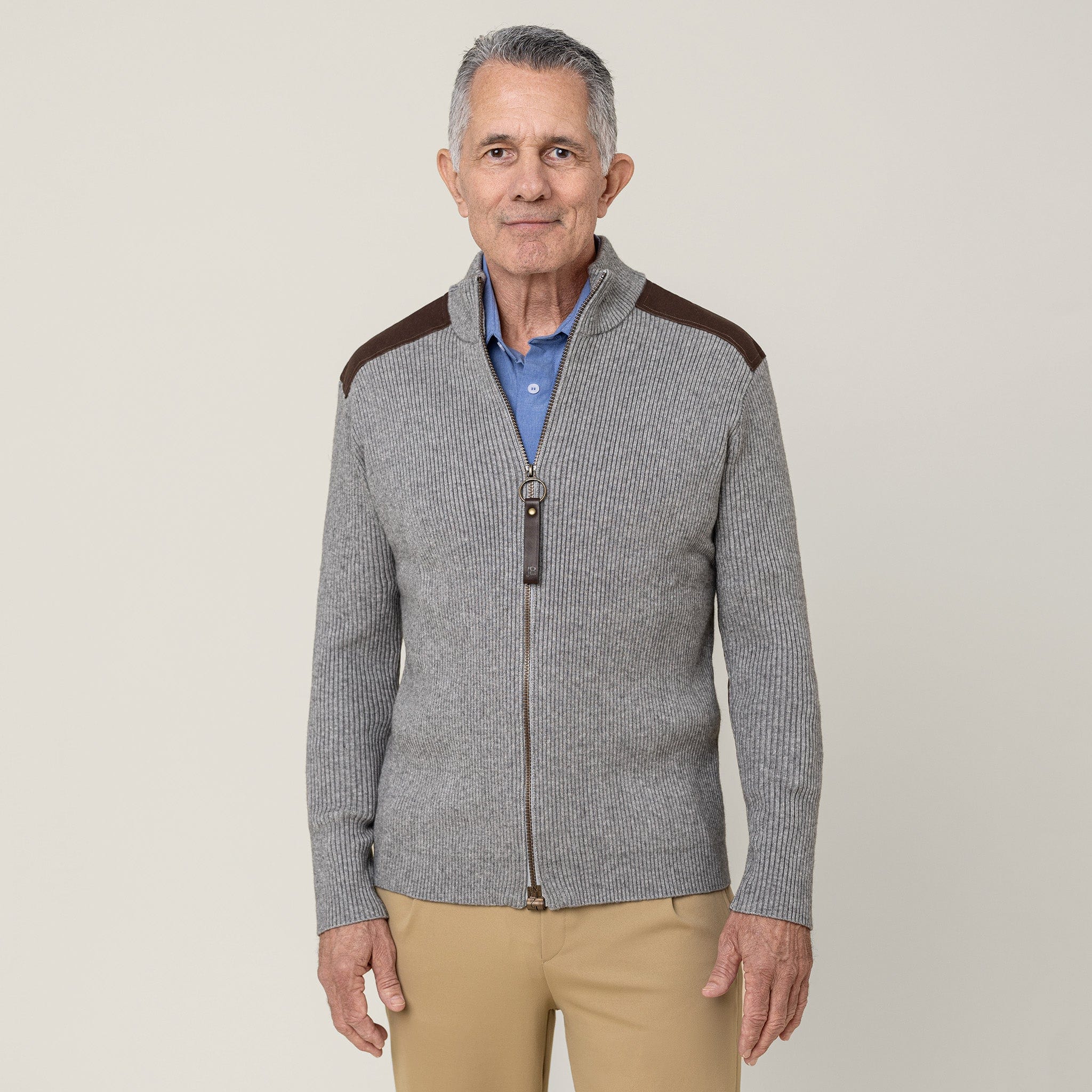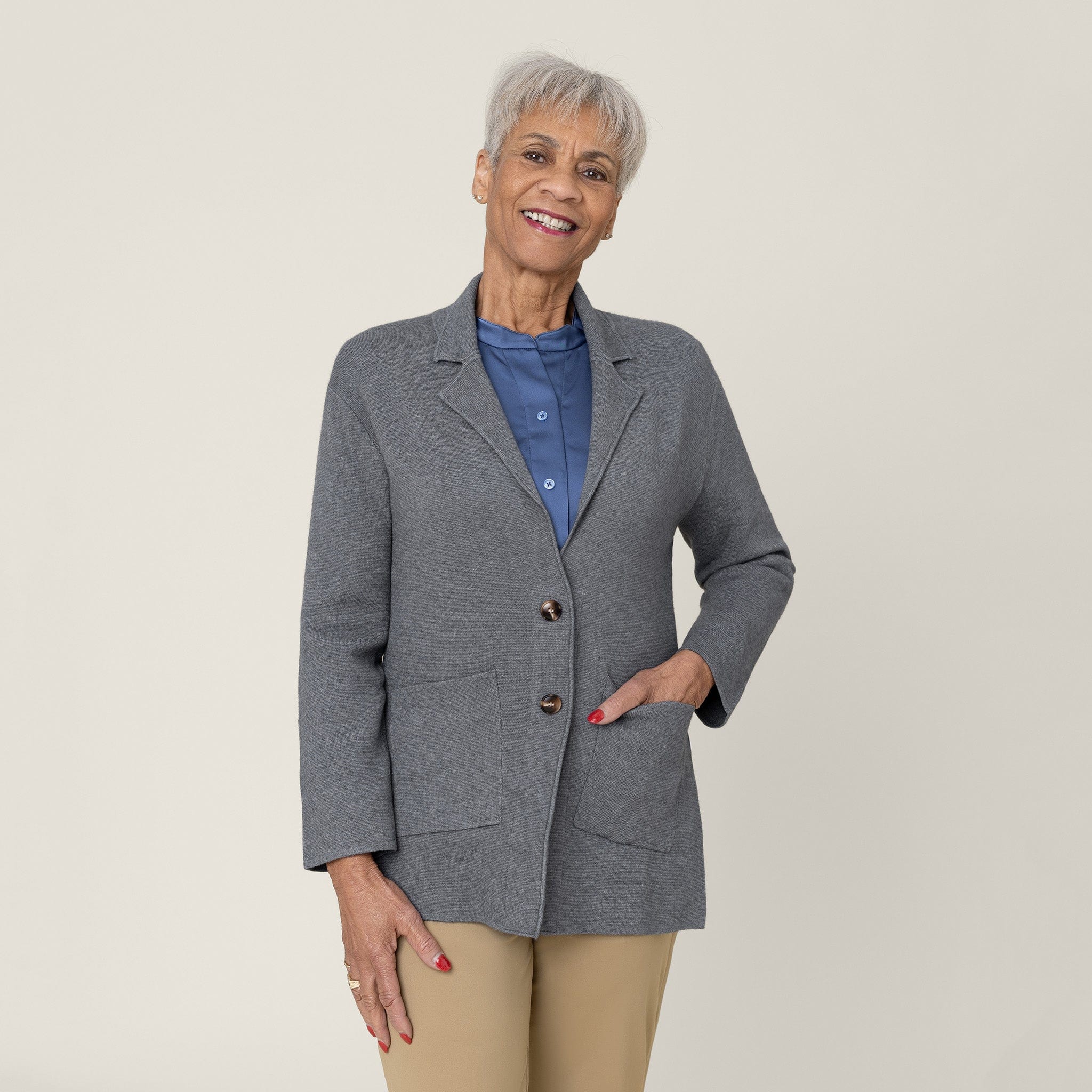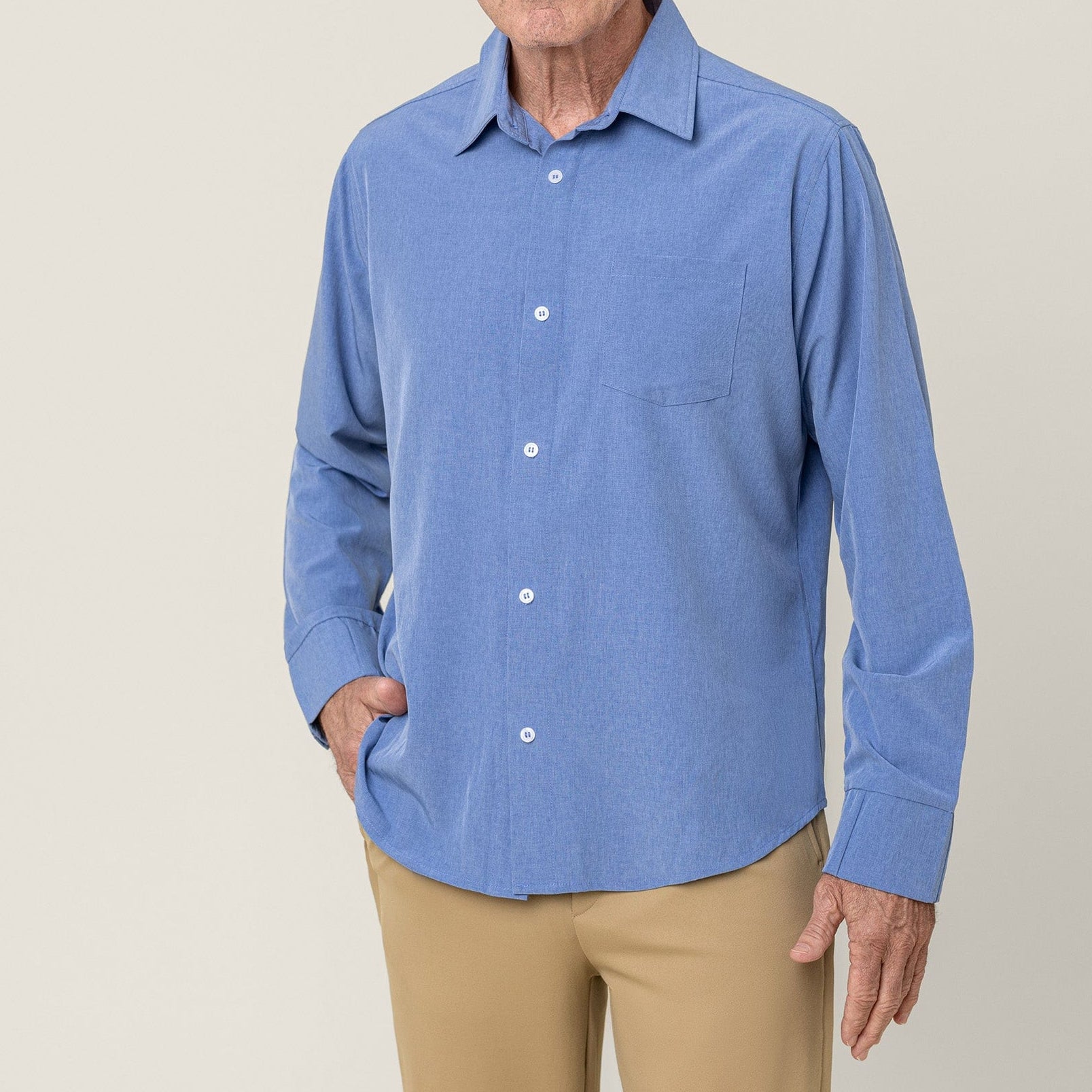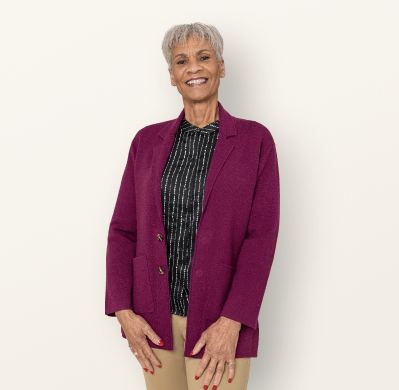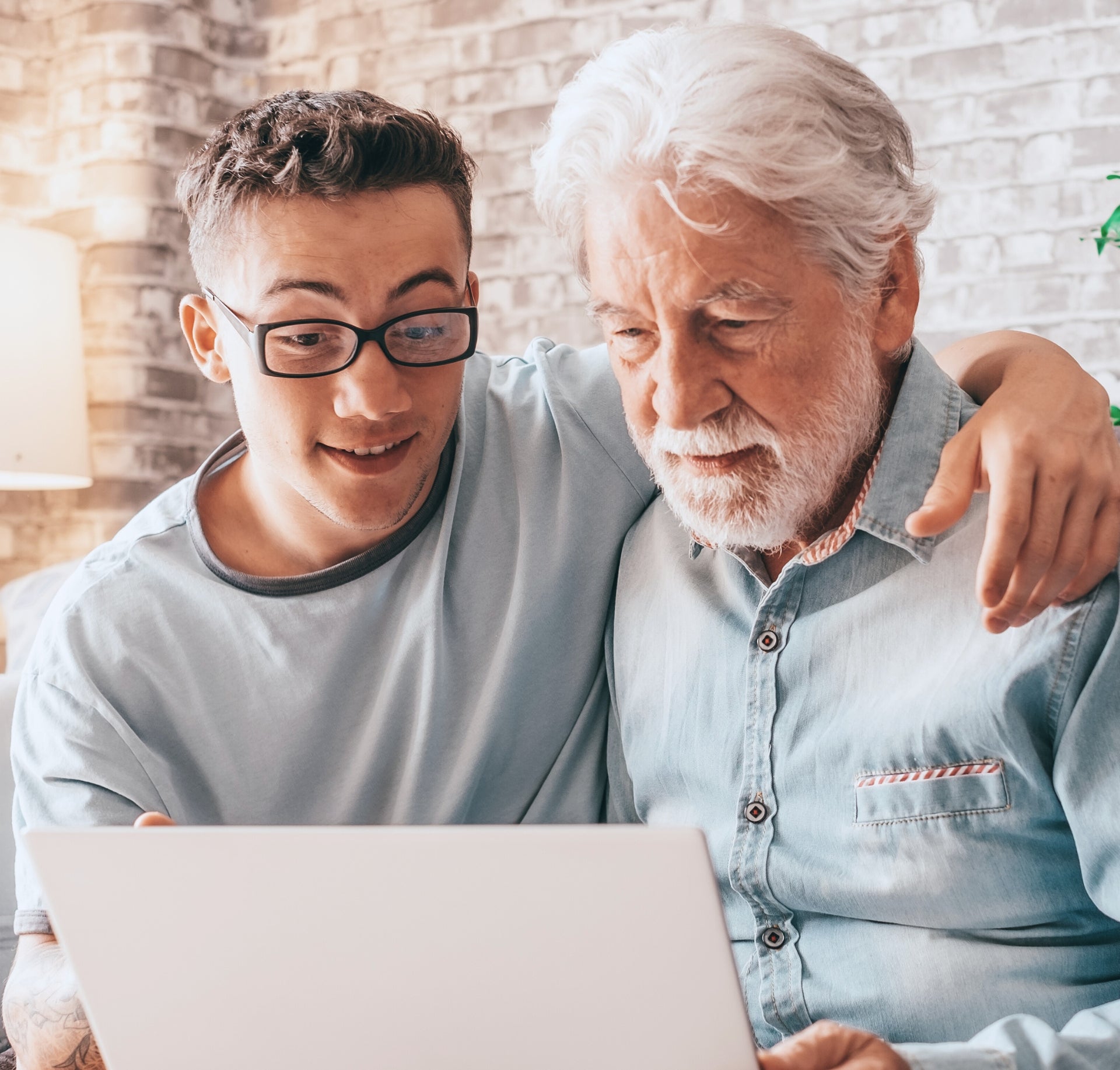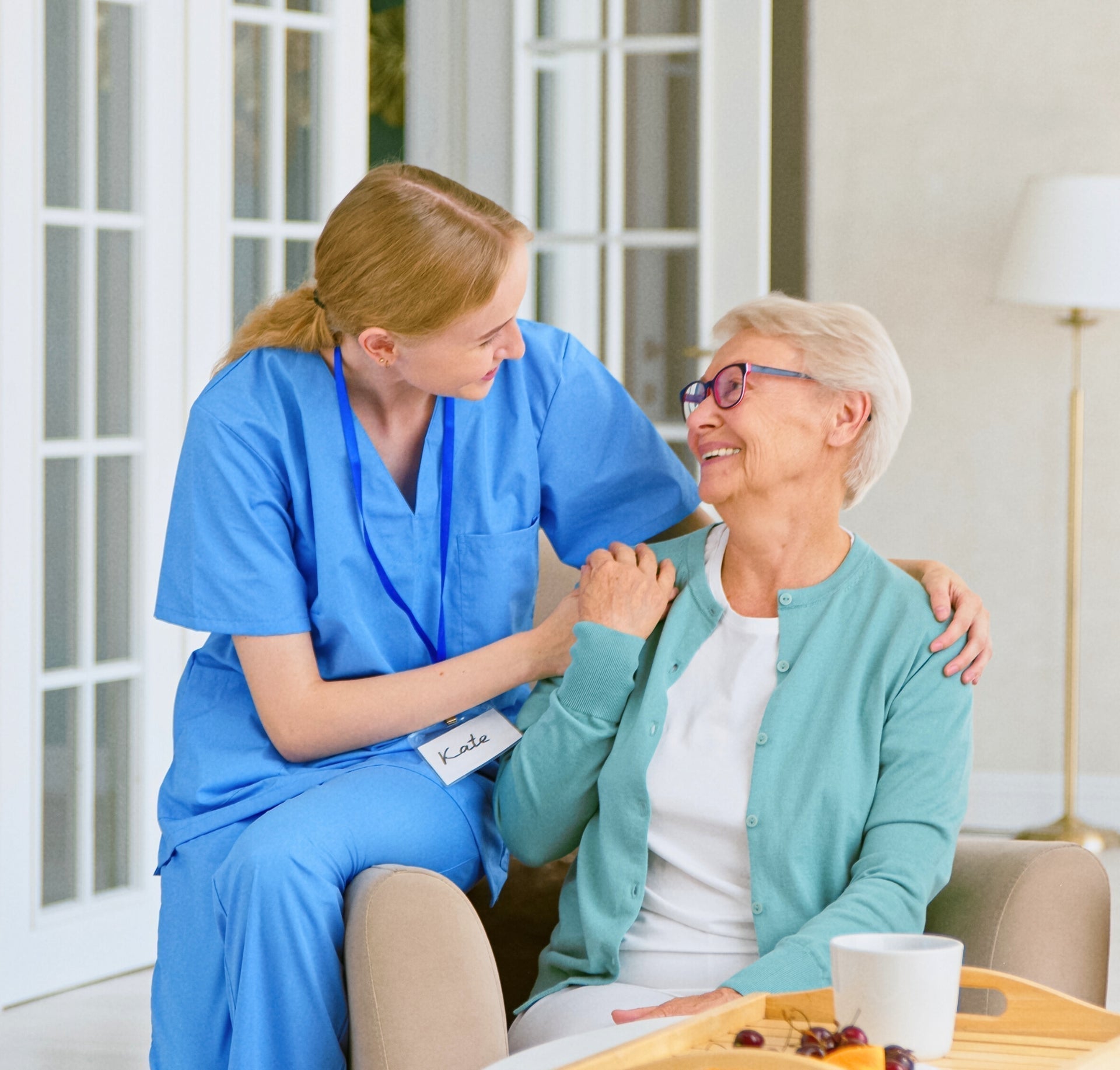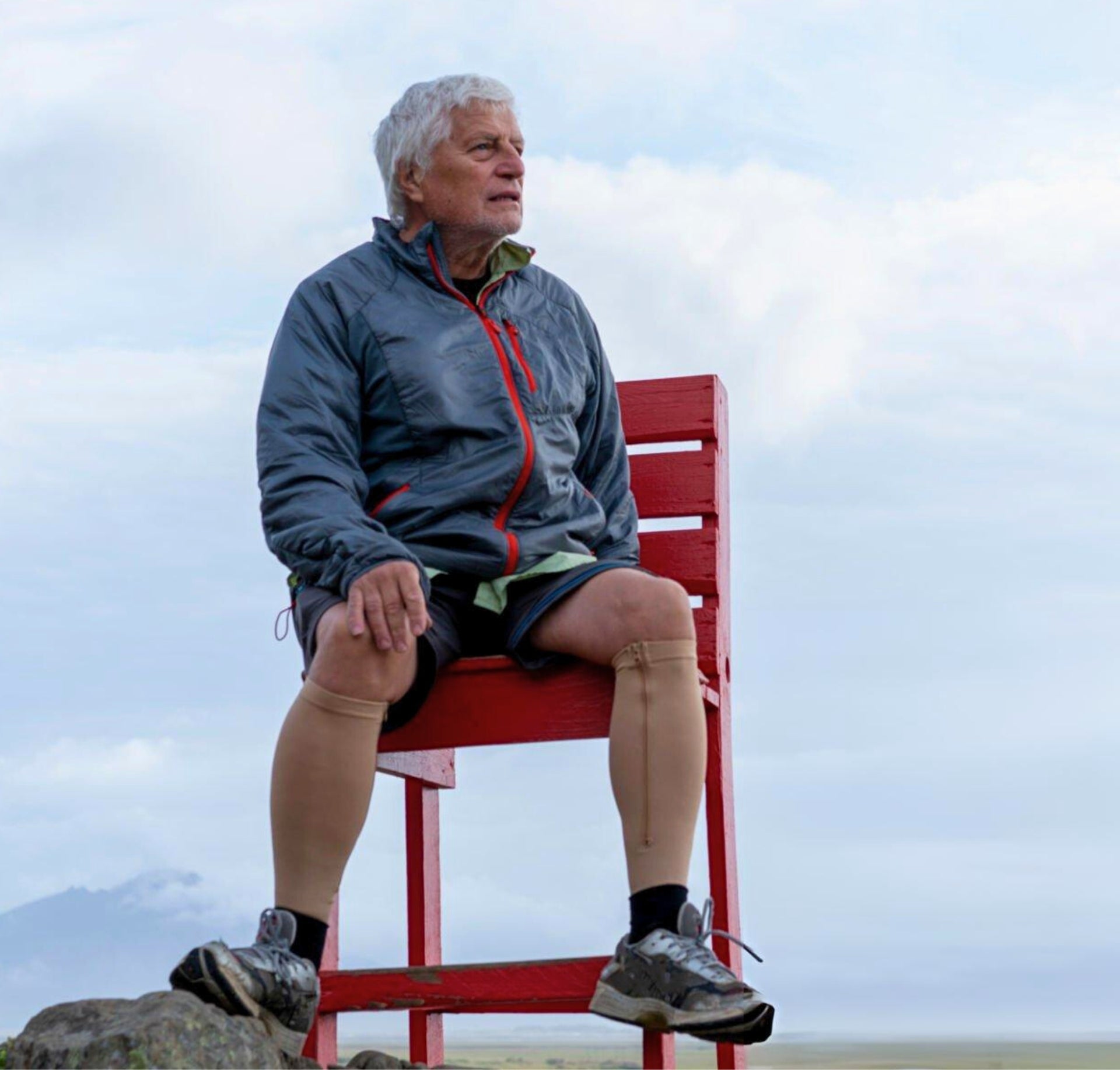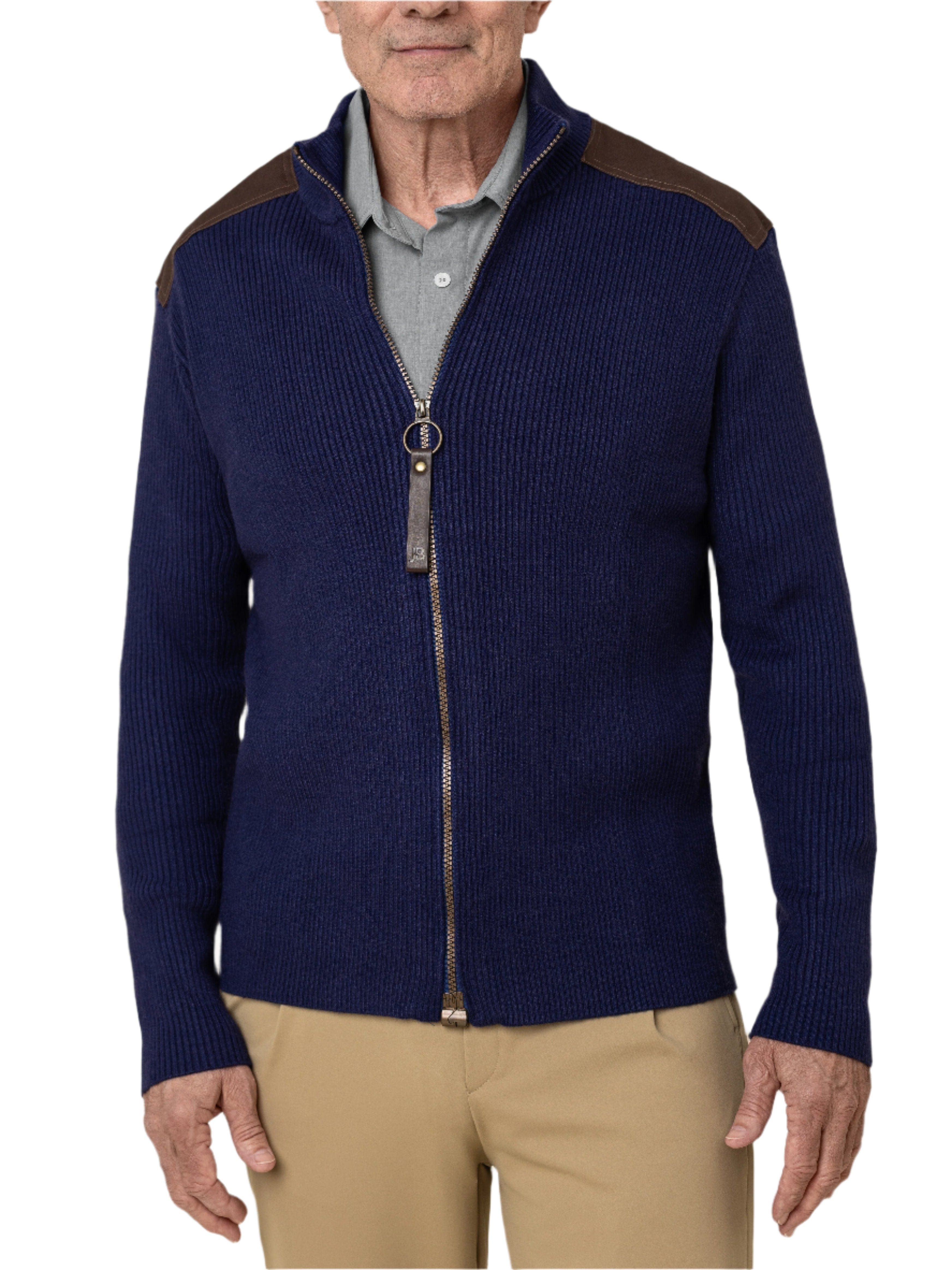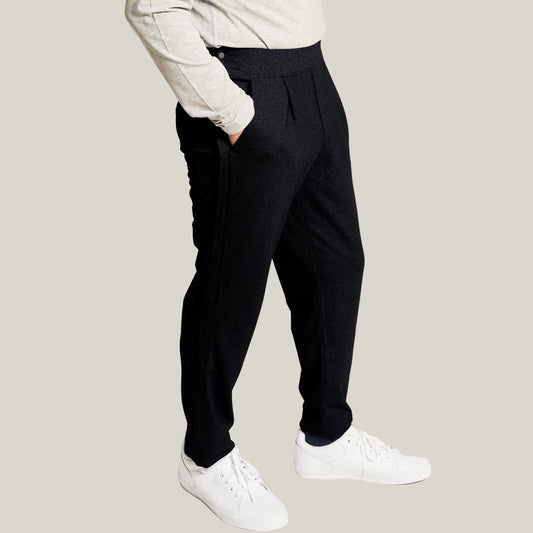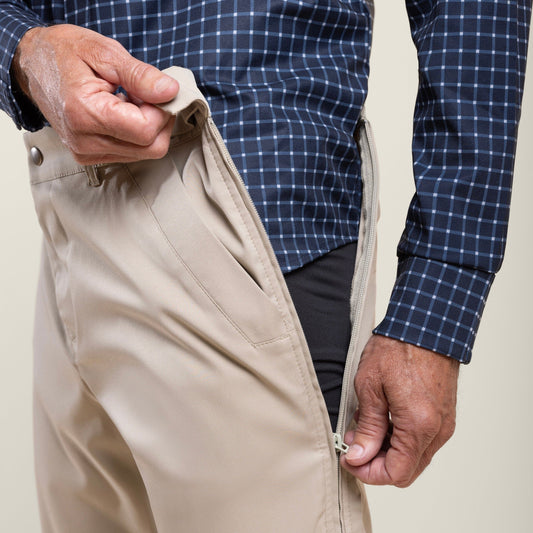This is the second part of our interview with Dr. Mary Flett, a clinical psychologist, writer, speaker and teacher on aging. We discussed preparing for Baby Boomers to age, and what it's like to get a bit older while helping others who struggle with getting older.
You can read the first part of the interview here.
You can learn more about Dr Flett here.
Ben: Do you do you think our country's ready for Boomers to age?
Dr. Flett: No, and it's frightening because I see how many people are unprepared. I teach a course called “No Time Like The Present,” and the reason why I put this course together was that people just are kind of going along like they're in some sort of a New Year's Day parade. They think they're just going to keep on doing what they're doing. And there are some really frightening surprises ahead. Like, there are no beds available in nursing homes. Your long-term care insurance is not going to fully cover the needs that you have. There are not enough caregivers, much less trained caregivers. And oh, by the way, you have not put enough money aside, nor is it possible for you to put enough money aside, to care for you for the rest of your life. Those are the frightening realities.
Ben: How else do you see Boomers, either attitudinally or behaviorally, aging differently than older generations?
Dr. Flett: I don't know that it's a generational thing. There is a certain myopia that I think all of us, no matter when we were born, carry with us out of just the cultural and societal norms that we were raised with. My grandfather was born before there was electricity and during the days of the telegraph. He lived to see a man land on the Moon. I mean, that was the Greatest Generation, right? How do we encapsulate that? We don't have the luxury of looking back on this and making our mind up. I'm a Boomer because I've been categorized within that generational cohort. There's as much variability between me as there is with others.
Ben: What's it like having a career for decades in aging, working with aging adults, and then becoming one?
Dr. Flett: It's humbling. In my living room, I have two pictures of my mother, one when she was graduating from college and one when she was in her 40’s. So, you know, some 20, 30 years in between. And I see how she changed. And now I'm looking back on my life and thinking, wow! I have so many things to apologize for. I have so many things to be grateful for. And I get a chance to express that gratitude now. My mother isn't alive anymore, but she lived to be 89, almost 90. She was really quite angry about that because she wanted to make it to 90 and she was aging almost there. I was privileged to be with her when she died. When I had the opportunities over my lifetime to learn from people who have aged well, I took them. My lesson to others is to age better. And I don't mean that as a competition, but the struggles that I saw my mother go through weren’t easy. Physical struggles. Financial struggles. I think we're all on the edge of going through financial struggles right now with the way the world is. And at least I know someone who has walked down that path before, so I have an idea of what it is I want to avoid. And I have some strategies of how I think I can do that. That doesn't mean it's going to work out.
Ben: At the beginning of our discussion you mentioned the challenges of aging which included both groups of older adults segregating away from the rest of us and the inherent isolation that comes with these types of living arrangements. We've been living in a pandemic for the third year now. Nobody really knows when this is going to end or what that’s going to look like. Kids in school have been drastically impacted by this. So have those who needed to risk their lives going to work on a daily basis, or those managing working at home while raising kids at home. But of course, this has impacted people 65 and over, particularly those 75 and over, from a risk perspective, more than anybody. Moving forward, how do you think older adults should balance safety, uncertainty and the desire to try to make sure the final third of their life is as enriching and fulfilling as it can be?
Dr. Flett: I think it depends on the individual. As you were describing these things, I was thinking how many folks I know across the age range, and how they’ve all fared differently over the past couple of years. I have a neighbor who's 103. She still lives at home. She's independent and she's got caregivers coming in and out. They wear masks. She's adapted to the whole thing. I ran a Covid support group on Zoom. I had people ranging in age from 65 to 85 on it.
One of the things that I wish we could do as a culture is to uncouple this notion that just because you're an aging adult, 65 and older, you're on the verge of needing memory care and have no social skills left whatsoever. We are as varied as we were when we were younger. We just have a few more ways of managing distress than younger people do. We have, in many cases, higher levels of tolerance because we've undergone so many things. And for those who are needier just in terms of resources -- perhaps unable to drive -- they need somebody to take them somewhere. That's not about the cohort; that’s about community, and it keeps coming back to me is how does the place where one chooses to live meet the changing needs of those who live there?
I'm just going to project forward some years. As soon as most of my cohort dies off, we're going to have all this extra space in memory-care units that nobody's going to live in because there's nobody coming behind us. Are we able to literally look at use of space and adapt that space to the needs in this moment, but also the future needs? The short-term answer is no, because humans just don't function that way. We're not good at looking into the future and planning for that. It's always a surprise.
I think ultimately there's a spiritual approach to the uncertainty that life brings. That is why I love Pema Chodron. She's a Buddhist nun. She brought her grandchildren, who do not follow her in her spiritual practices, to meet the Dalai Lama when they were like 14. She asked the Dalai Lama if he would be so kind as to give some advice to her grandchildren so they can live a better life. And he paused and he said, “You're going to die.”But that's okay! You either wake up to this reality now or never. People my age, and I'm 68, understand that death is around the corner, but it's not today. My 103-year-old neighbor should have died a long time ago and she keeps on living. But she lives, as opposed to waiting for death. And I think that's a misunderstanding that many people have, particularly younger people, because there's this cultural value that youth is more important or better than age. We spend more time with it. We invest more in it. And that somehow, it's preferred. I look at somebody like Jane Fonda, who has had access to really good plastic surgeons, and she looks stunning. And I look at other people. I won't name other people, but they've not had access to such good plastic surgeons. They're much younger and they're going to forever be scarred because of unrealistic expectations placed on aging and our general negative attitudes toward it.











